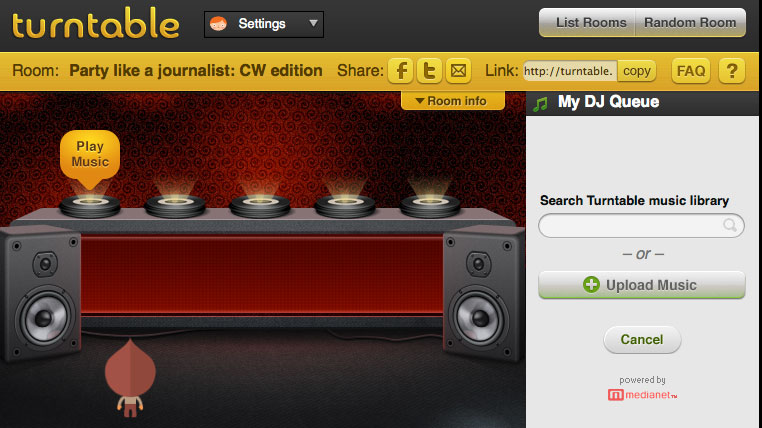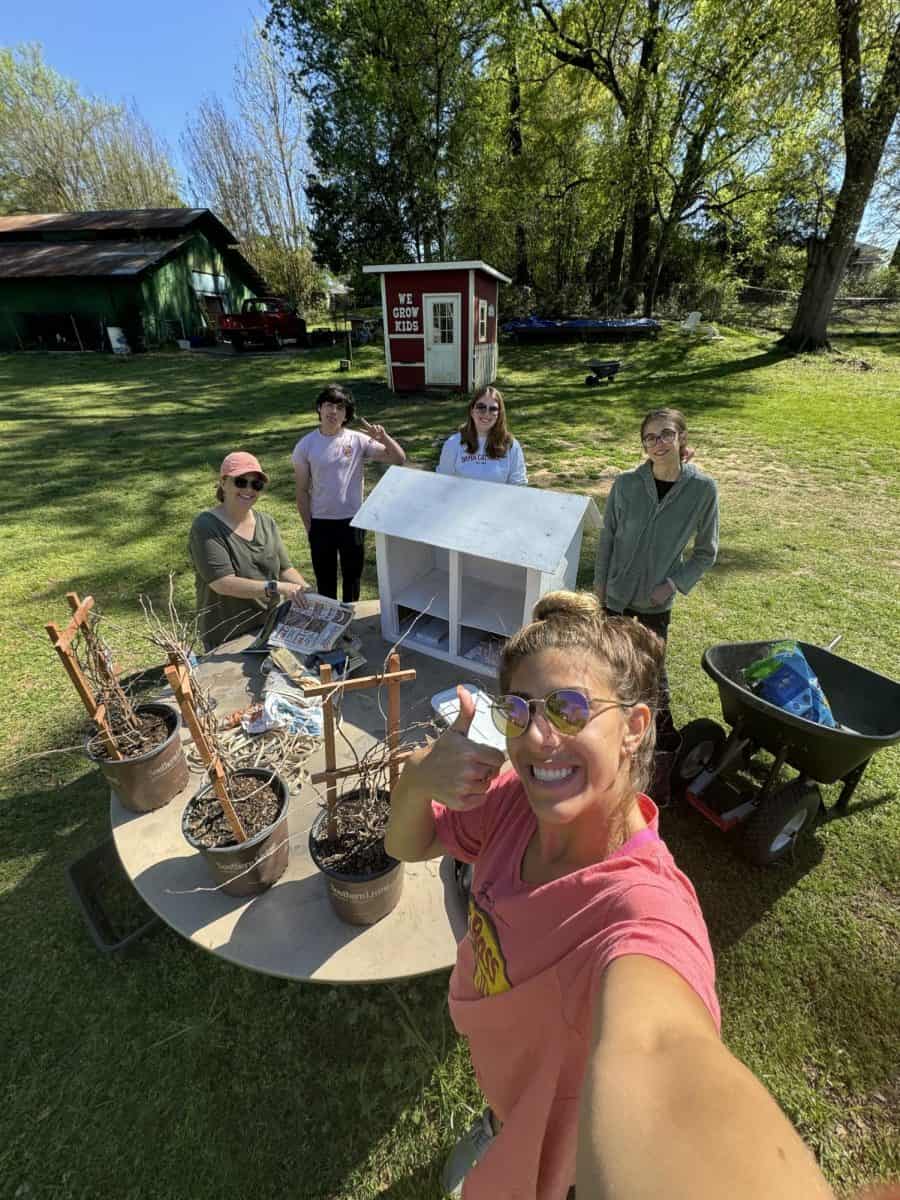Forms of media (movies, television, music, et al.) tend to go in these strange cycles almost entirely independent of what it is hyping in terms of quality. Great things get embraced somewhat by accident, but somewhat on purpose in a weird disconnect of quality over the right pitch at the right time.
Anyways, music seems on that down pitch this particular year, at least in comparison to one particular work that shines in that cultic perspective where you want more. This time last year dropped two albums in The National’s “High Violet” and Arcade Fire’s “The Suburbs” that instantly captivated and never let go, and while a lot of great records are slow burns, maybe the burn is far too slow.
I feel disconnected a bit, and I’m willing to admit my own habits probably have a lot to do with why I don’t feel music is getting the same amount of my time as podcasts, Breaking Bad and my fantasy football league. But that might change soon.
While it may not help stabilize the chaotic atmosphere of the mainstream music industry, the dual threat of Spotify and Turntable.fm does at least attempt something the Internet blogosphere cannot totally complete on its own: total personalization mixed with social collaboration.
Turntable.fm is a service entirely based in collaboration as a general concept. Without a friend to select songs to play for the room, you might as well be staring at your iTunes playlist. The effort is as much to feel actively invested in the tastes of your friends as you are in your own favorites. Not to mention, it’s extremely rewarding in that a point system gradually gives you credit for cool song choices. Turntable is a logical extension of our Xbox-loving achievement system culture.
Spotify is a more prickly beast, but it also has more potential to really cultivate quality into the musical atmosphere quickly. By essentially attempting to eliminate the amount of clicks it would usually take to easily pirate a work of music, Spotify hopes that its effort can finally give users the feeling of legally getting worth out of their music without feeling overly paranoid about their bank accounts in the process, as well as finally giving the legal possibility of freeing computer space.
While it’s tough to predict where things truly go, and it’s hard to wonder if we as a culture will embrace these services or something like Google+, the hope is that Spotify does for music what Netflix has done for films and television in creating a social means to forget about year numbers and dig into music partly on suggestion and with a renewed passion. Both services remind us that if we hang with our friends online, there’s a social benefit to discovery. I don’t know if it will totally change the way we talk about music, but the potential is certainly there, the type of potential that could break through the cynicism of the year at large.
Spotify is currently in a trial period in which people are being added to the service sporadically at this time. Turntable.fm is currently up and running.







